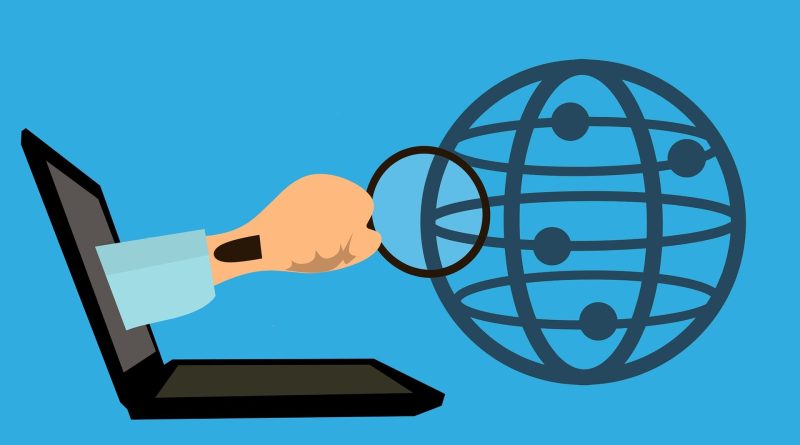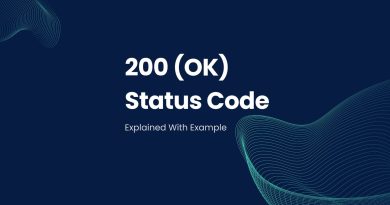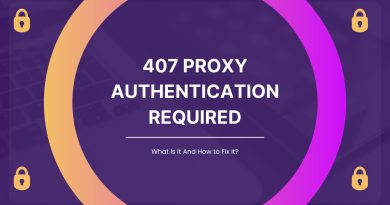Is web scraping legal? Myths and Laws
As a data analyst or web scraping professional, you need to be familiar with the laws around web scraping. Web scraping is the process of automatically extracting data from web pages. Despite being an important tool for many businesses, there are a lot of myths and misconceptions about the legality of web scraping. In this blog post, we will explore the myths and laws around web scraping in more detail, however this post is not a substitute for professional legal advice.
Laws of web scraping:
The legal landscape around web scraping is ever-changing, and companies must be vigilant to ensure that their activities comply with the latest laws and regulations. In the United States, there are a number of federal and state laws that may apply to web scraping, including the Computer Fraud and Abuse Act, the Stored Communications Act, and state laws prohibiting trespass and unfair competition. Outside of the US, similar laws may exist in other jurisdictions.
When considering whether web scraping is legal, it is important to consider both the rights of the party doing the data scraping and the rights of the scraped data party. In many cases, web scraping will be perfectly legal from both perspectives. However, there are some situations where web scraping may violate one or more laws. For example, scraping publicly available data on a site that is protected by copyright law or trade secrets, they may be liable for infringement. Before conducting automated data collection, you must first get written permission from the site. Similarly, if web scrapers access personal data (personally identifiable information) that is subject to privacy restrictions, they may be violating those restrictions. For Facebook, you need to get its written permission before conducting the behaviour of automated data collection.
As a general rule, web scraping is only illegal if it violates some other law. Companies should therefore consult with counsel to ensure that their web scraping activities are compliant with all applicable laws.
Myths about web scraping
- Web scraping is only for big companies
Myths about web scraping abound on the internet. Some believe that web scraping is only for big data analytics firm, while others think that it’s a shady and illegal practice. Neither of these beliefs is true. Web scraping can be a valuable tool for businesses of all sizes, and while there are some legal gray areas, it is generally considered to be a legitimate practice. Indeed, web scraping can be used to collect data from sources that would be otherwise difficult or impossible to access. As such, it can be a valuable tool for businesses that are looking to gain a competitive edge. While there may be some risks involved, the potential rewards far outweigh the dangers.
- Web scraping is only for extracting data from websites
Web scraping is often seen as a way to extract data from websites, but it can actually be used for much more. Scraping can be used to automate tasks, such as testing whether a site is responsive or collecting data from multiple sources for analysis. It can also be used to gather information that is not readily available, such as contact information or pricing data. In addition, web scraping can be a valuable tool for research, allowing you to collect data from a wide range of sources quickly and easily. As you can see, web scraping is a versatile tool that can be used for a variety of purposes.
- Web scraping is only for developers
While web scraping is commonly associated with developers, the truth is that anyone can learn to do it. There are many software tools available that make web scraping easy, even for people with no coding experience. In addition, there are many online resources that can help people to get started with web scraping. As a result, there is no reason why web scraping should be limited to developers. Anyone who wants to collect data from the web can learn to do so, regardless of their technical skills.
- Web scraping is complicated
Some people believe that web scraping is a complicated process that requires a lot of technical expertise. Others think that web scraping is only used for illegal purposes, such as stealing data or spreading viruses. However, neither of these claims is true. Web scraping can be a useful tool for anyone who wants to collect data from the internet. And while it does require some technical knowledge, it is not nearly as complicated as some people make it out to be. With a little patience and practice, anyone can learn how to scrape data.
- Web scraping is illegal
There is no law that expressly prohibits the practice, and there have been no court cases that have definitively ruled it to be illegal. That being said, there are some circumstances in which web scraping could potentially violate the law. For example, if a website’s terms of service prohibit automated access, then scraping the site could be considered a breach of those terms. Additionally, if a scraper were to access sensitive data that is protected by privacy laws, then that could also be considered illegal. However, in general, web scraping is a perfectly legal activity.
- Web scraping is expensive
The truth is, web scraping can be very affordable – even free, if you’re willing to do it yourself. There are a number of free web scraping tools available online, and many of them are just as effective as the paid ones. Of course, if you need more sophisticated features or want someone else to do the work for you, there will be a cost associated with that. But in general, web scraping is not nearly as expensive as most people think. So, if you’ve been putting off starting a web scraping project because of cost concerns, it’s time to dispel that myth and get started today.
- Web scraping is slow
Another common misconception about web scraping is that it is a slow process. While it’s true that scraping large amounts of data can take some time depends on the amount of data and the response time of the web server, the truth is that web scraping can be very fast. If you are only interested in collecting a small amount of data, then you can usually do so within minutes. And if you are willing to invest the time and resources into building a custom web scraper, you can even collect data in real-time. So, if you’ve been avoiding web scraping because you think it’s slow, it’s time to rethink that position.



